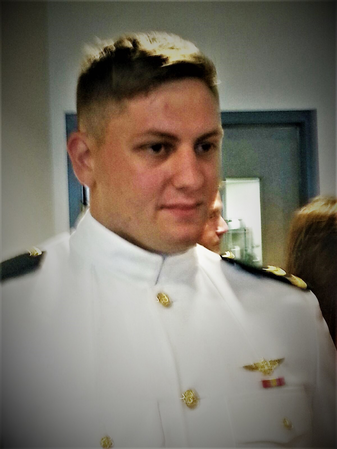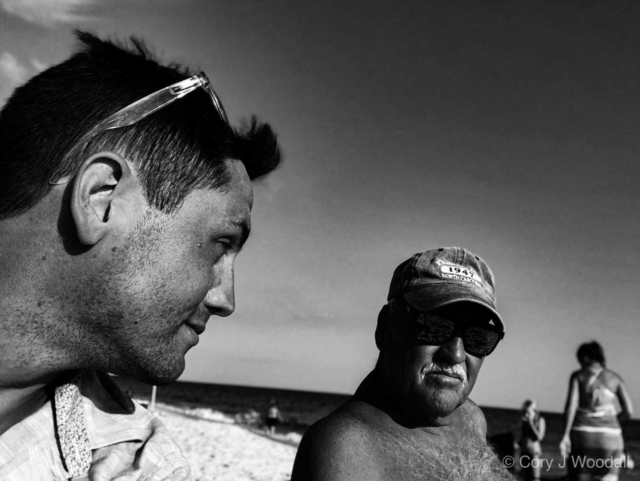Brent Woodall had supported Fisher House for years through a Washington, DC-area radiothon, but when his son faced a serious illness, he found himself suddenly in the role of Fisher House guest, a role he never imagined. Brent explains how Fisher House fills the gaps for military and veteran families.
For the past 18 years, 105.9 FM WMAL has hosted a radiothon in the Washington, D.C. metro area on the first Friday and Saturday in December to raise funds for Fisher House Foundation, so Brent Woodall, a former WMAL employee, was well aware of Fisher House Foundation’s mission.
“I always embraced Fisher House and always donated when they had the radiothon,” said Brent. “I went to the events because it was pretty cool that they were going out to do live events.”
Then, in 2018, Brent’s relationship with Fisher House changed from being a supporter and advocate to beneficiary.

“They sent him to Walter Reed then,” Brent said, “and that's where I got involved and he needed a non-medical attendant at the time. It was a terrible time for us. And we thought we were going to lose him.”
“The Fisher House experience was a highlight for me because I really understood for the first time what is meant to be a military family. Cory is the first one of our six children to serve, and I never knew what a military family meant.”
Brent explained that Fisher Houses fill the gap between the parents or other loved ones and the ones who are suffering. “They may not even know the severity or how they're suffering,” he said. “It's a big learning experience, and Fisher House eases that pain.”
“When I walked in there the first day, the first night and I sat down, and realized that I had accepted this non-medical attendant responsibility for Cory and then I realized I'm actually one of those people who needed Fisher House. I never thought when I was at WMAL selling advertising that I would be that guy. I never thought it.”
According to Brent, it was not only the Fisher House staff, but also the other families that made such a big difference. “After my first night there, I went into the kitchen the next morning and this lady made me pancakes. It was just such a warm place. It's as close to family as you can get without knowing all the warts and bruises, and people are just so warm. Everybody that was there was there for the same reason, and that was to support a loved one who was injured.”
When it was apparent that Cory’s care at WRNMMC would be for a longer period, Brent and Cory moved into Tranquility Hall, a housing facility for wounded, injured, or ill service members also located at Naval Support Activity Bethesda in Bethesda, Maryland. Brent explained that Fisher House took care of the immediate need for a place to stay until they found a longer-term solution.

Cory was subsequently treated in several hospitals on the East Coast and eventually participated in a study at Yale University where he was given an experimental drug that greatly reduced his symptoms. He now lives in Alexandria, Virginia with his wife, Anna.
“He's been through so much and, I just, without Fisher House wouldn’t have been there,” said Brent. “I don't know how I could have been there for him because I couldn't stay on base. It really fulfilled a need until we got settled into more permanent housing.”













